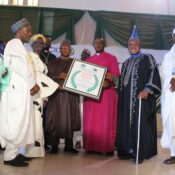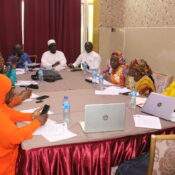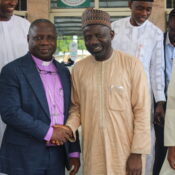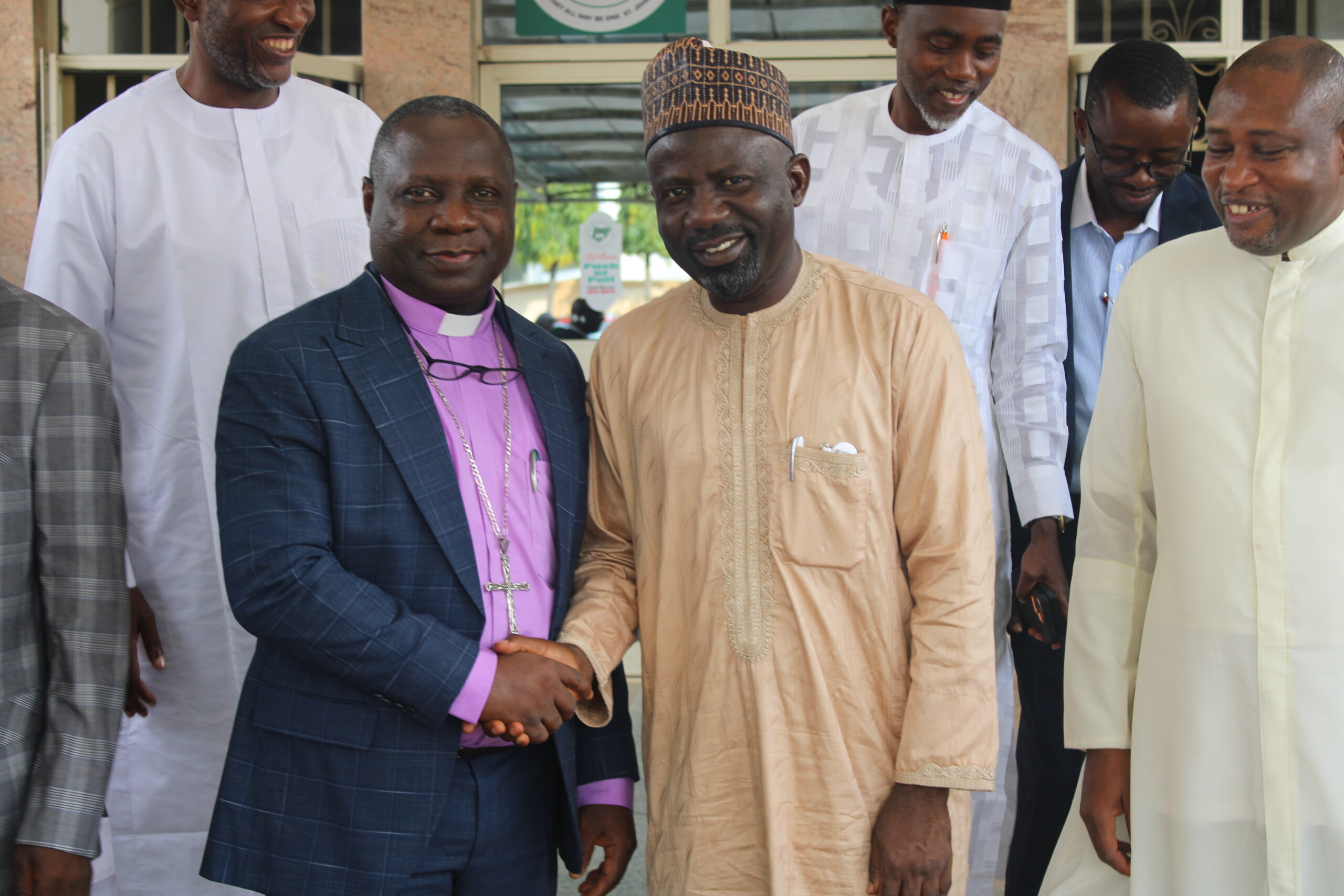
The Essence of Interfaith Dialogue
In the dynamic tapestry of our global society, the Interfaith Dialogue Forum for Peace (IDFP) stands as a beacon of hope, dedicated to fostering meaningful connections and understanding among individuals of various religious backgrounds. As we delve into the essence of interfaith dialogue, it becomes evident that this organization is not merely a forum for conversation but a catalyst for profound transformation.
At its core, interfaith dialogue encapsulates a profound journey toward peace, transcending the boundaries that religious diversity might erect. IDFP, with its unwavering commitment, endeavors to weave the threads of unity, understanding, and collaboration into the very fabric of our communities. The essence lies not just in the conversations it facilitates but in the ripple effect that resonates across societies, fostering a climate of mutual respect, trust, and shared responsibility.
One of the primary objectives of IDFP is to create spaces where individuals from diverse religious traditions can engage in open and honest conversations. These dialogues are not merely exchanges of words but vibrant encounters that challenge stereotypes, dispel prejudices, and unearth the shared values that bind us together. In this extended introduction, we embark on a journey to unravel the multifaceted essence of interfaith dialogue as nurtured and championed by IDFP.
We’ll explore how IDFP’s approach to interfaith dialogue goes beyond the surface, encompassing pivotal aspects such as peacebuilding, conflict resolution, and the advocacy for human rights. This organization, deeply rooted in the principles of unity in diversity, stands as a testament to the transformative power of dialogue. As we navigate through the various dimensions of IDFP’s work, we gain insights into how interfaith dialogue becomes a vehicle for positive change, contributing to the harmonious coexistence of individuals from different faith traditions.
Join us on this exploratory journey as we delve into the intricate tapestry of interfaith dialogue, celebrating the diversity of beliefs while embracing the common threads that bind us as a global community. In the chapters that unfold, we will witness how IDFP’s tireless efforts exemplify the true essence of interfaith dialogue, a force that transcends differences, builds bridges, and paves the way for a more peaceful and understanding world.
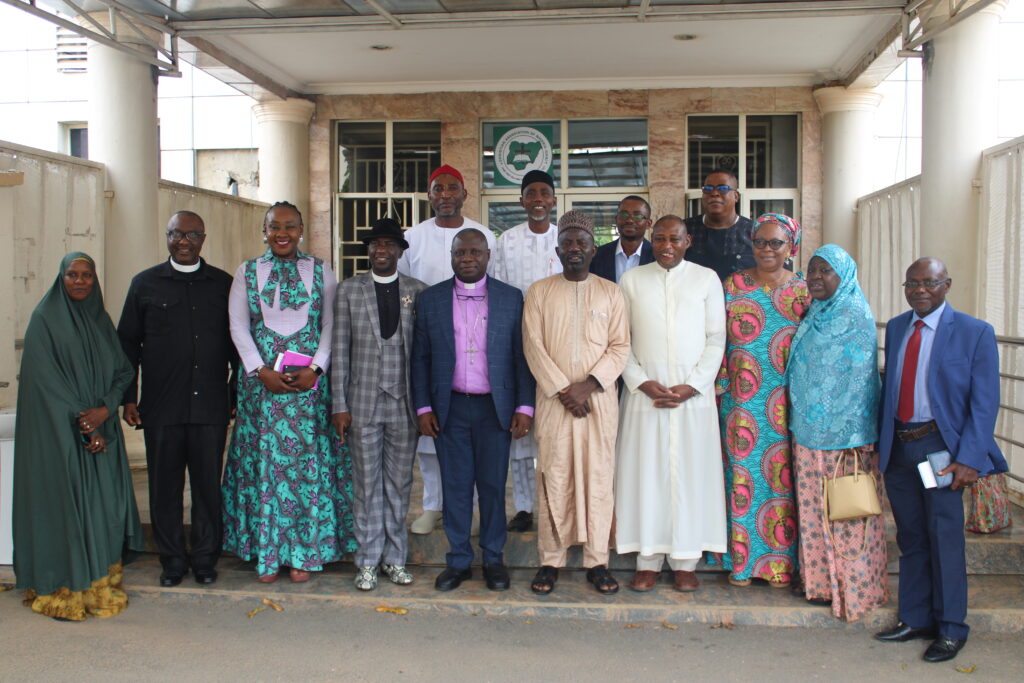
Promoting Peace: IDFP engages in interfaith dialogue with the primary aim of fostering peace. By bringing together individuals from different religious traditions, the organization seeks to build bridges and create a harmonious environment that contributes to the overall peace of communities.
Building Trust and Respect: Interfaith dialogue is a powerful tool for building trust and respect among people of different faiths. Through open and honest conversations, IDFP aims to break down stereotypes, dispel prejudices, and cultivate a sense of mutual respect.
Unity in Diversity: IDFP recognizes and celebrates the diversity of religious beliefs. The essence of interfaith dialogue lies in acknowledging and appreciating this diversity while finding common ground that unites people despite their differences.
Conflict Resolution: In regions marked by religious tensions, IDFP uses interfaith dialogue as a means to mitigate and resolve conflicts. By providing a platform for dialogue, the organization seeks to address underlying issues and promote understanding as a means to prevent and resolve conflicts.
- Human Rights and Dignity: Interfaith dialogue often emphasizes the shared values of human rights and dignity across different religions. IDFP works towards ensuring that conversations around interfaith issues include a commitment to upholding the rights and dignity of all individuals, regardless of their religious background.
Advocacy for Social Cohesion: Beyond dialogue, IDFP is likely involved in advocating for policies and practices that promote social cohesion. The essence of interfaith dialogue extends to the broader goal of creating inclusive societies where individuals of all faiths can coexist harmoniously
Educational Initiatives: IDFP may engage in educational initiatives to promote understanding and awareness about various religions. This educational aspect of interfaith dialogue contributes to dispelling misconceptions and fostering a culture of learning.
Community Empowerment: Interfaith dialogue, as facilitated by IDFP, can empower communities to address common challenges collaboratively. By fostering a sense of shared responsibility, communities are better equipped to overcome obstacles and work towards shared goals
6. Advocacy for Social Cohesion: Beyond dialogue, IDFP is likely involved in advocating for policies and practices that promote social cohesion. The essence of interfaith dialogue extends to the broader goal of creating inclusive societies where individuals of all faiths can coexist harmoniously
7. Educational Initiatives: IDFP may engage in educational initiatives to promote understanding and awareness about various religions. This educational aspect of interfaith dialogue contributes to dispelling misconceptions and fostering a culture of learning.
8. Community Empowerment: Interfaith dialogue, as facilitated by IDFP, can empower communities to address common challenges collaboratively. By fostering a sense of shared responsibility, communities are better equipped to overcome obstacles and work towards shared goals
In summary, the essence of interfaith dialogue, as exemplified by the work of IDFP, lies in creating a space where individuals from diverse religious backgrounds can come together, learn from one another, and work collaboratively towards the common goals of peace, understanding, and social cohesion.


